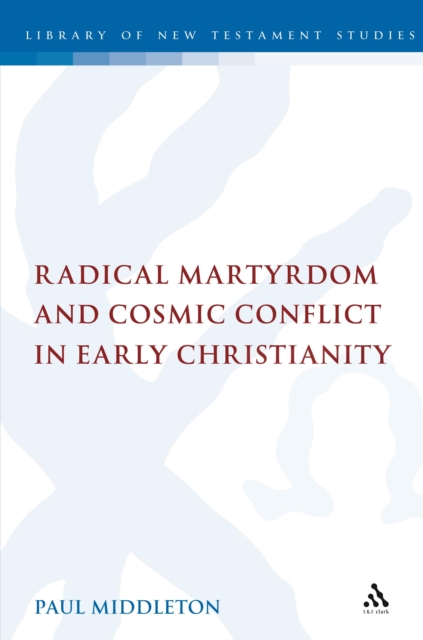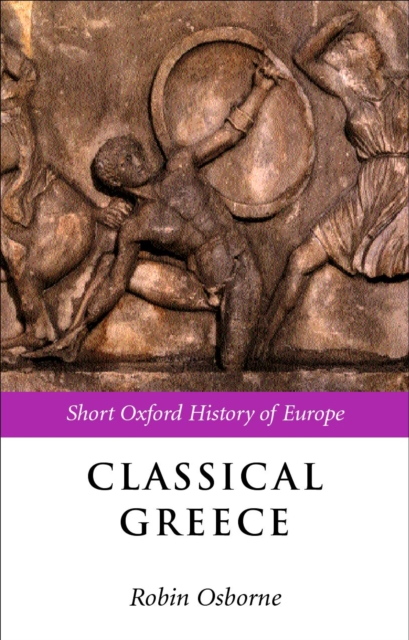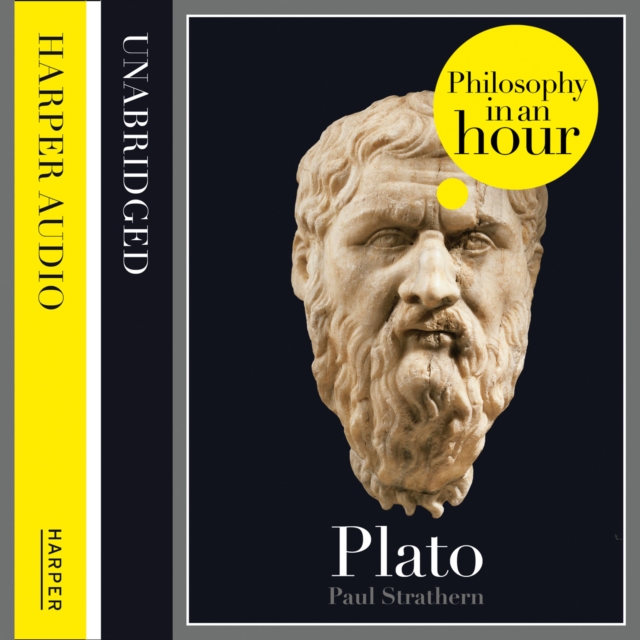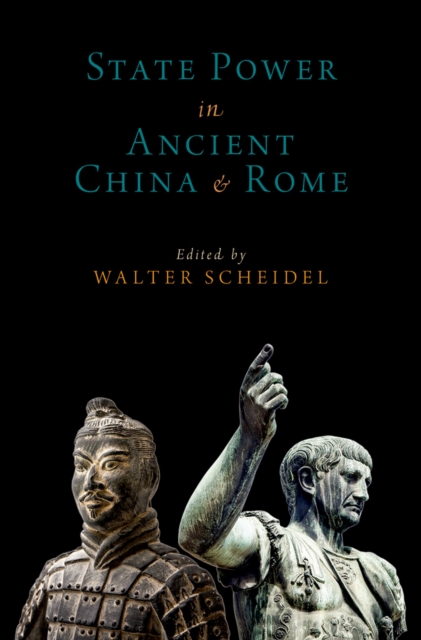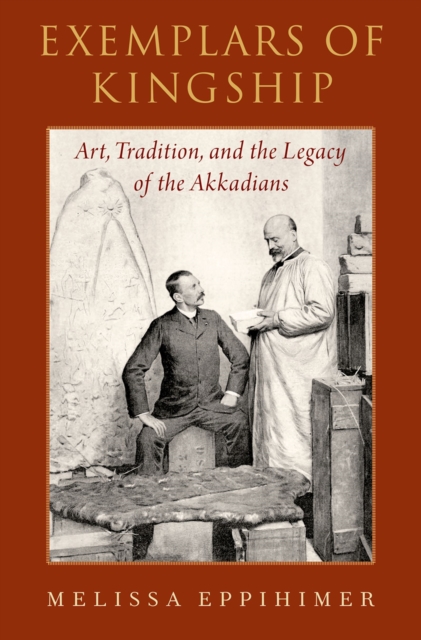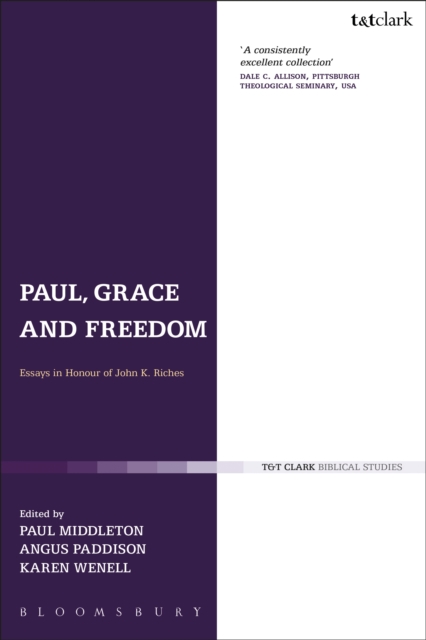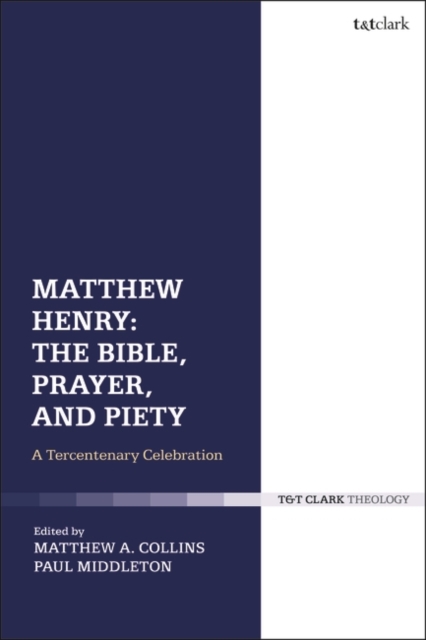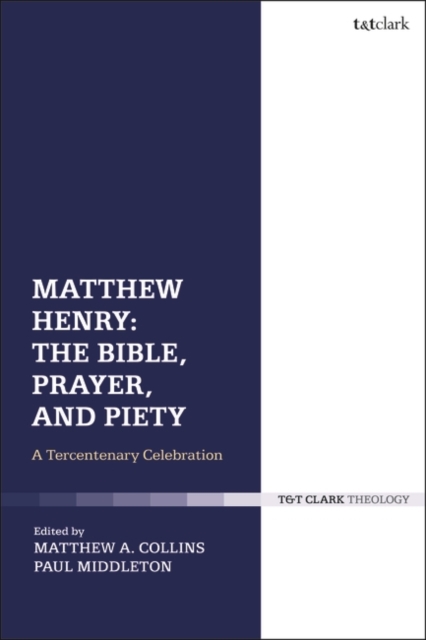Several view of martyrdom co-existed in the early Church. The 'orthodox' position, generally accepted by scholars, was that a Christian should choose martyrdom rather than deny the Faith, but should not, on any account, court death. Although it has been recognised that some in the early Church did seek a glorified death, by giving themselves over to arrest, most scholars have dismissed such acts as differing from 'the accepted attitude to martyrdom' in the early Church. Therefore, instances of volitional, or radical martyrdom, have been largely overlooked or sidelined in scholarly investigations into the theology and origins of Christian martyrdom. Paul Middleton argues that, far from being a deviant strand of early Christianity, 'radical martyrdom' was a significant, and widely held idealised form of devotion in the late first to early third centuries. Christian martyrdom is placed within the heritage of Jewish War tradition, with each martyr making an important contribution to the cosmic conflict between Satan and God. Radical Martyrdom re-examines the presentation, theology, and origins of Christian martyrdom up to the beginning of the Decian persecutions in the light of new perspectives on the subject.
Get Radical Martyrdom and Cosmic Conflict in Early Christianity by at the best price and quality guranteed only at Werezi Africa largest book ecommerce store. The book was published by and it has pages. Enjoy Shopping Best Offers & Deals on books Online from Werezi - Receive at your doorstep - Fast Delivery - Secure mode of Payment
Digital Rights Management (DRM)
The publisher has supplied this book in encrypted form, which means that you need to install free software in order to unlock and read it.
Required software
To read this ebook on a mobile device (phone or tablet) you'll need to install one of these free apps:
To download and read this eBook on a PC or Mac:
-
Adobe Digital Editions
(This is a free app specially developed for eBooks. It's not the same as Adobe Reader, which you probably already have on your computer.)
 Jacket, Women
Jacket, Women
 Woolend Jacket
Woolend Jacket
 Western denim
Western denim
 Mini Dresss
Mini Dresss
 Jacket, Women
Jacket, Women
 Woolend Jacket
Woolend Jacket
 Western denim
Western denim
 Mini Dresss
Mini Dresss
 Jacket, Women
Jacket, Women
 Woolend Jacket
Woolend Jacket
 Western denim
Western denim
 Mini Dresss
Mini Dresss
 Jacket, Women
Jacket, Women
 Woolend Jacket
Woolend Jacket
 Western denim
Western denim
 Mini Dresss
Mini Dresss
 Jacket, Women
Jacket, Women
 Woolend Jacket
Woolend Jacket
 Western denim
Western denim
 Mini Dresss
Mini Dresss



